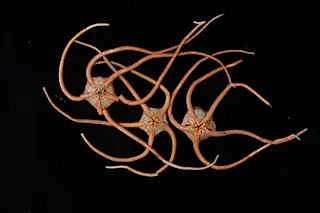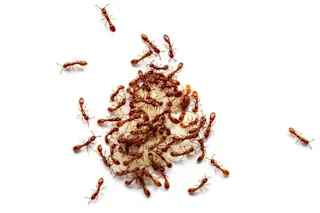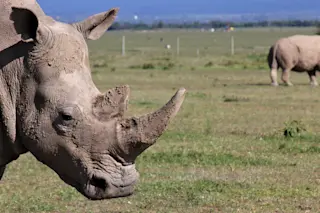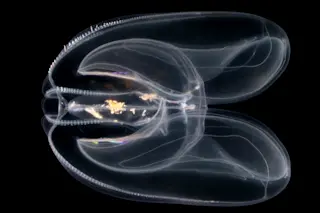Genome sequencing technology is advancing at a breathtaking pace. In the decades since the Human Genome Project, scientists have developed the tools to rapidly analyze huge amounts of genetic material. You can now learn about your ancestry -- or even your pet's pedigree -- in just weeks thanks to mail-in services like 23andme.
And it's not just companies building up these large pools of genetic information, either. Many scientists are conducting large-scale studies that require abundant DNA samples. These researchers need your help building their datasets by collecting everything from your pet's saliva to spiny anteater poop.
(Credit: Gladskikh Tatiana/Shutterstock)
Gladskikh Tatiana/Shutterstock
Your pets may not have Ph.Ds., but they can still contribute to cutting edge research. The Darwin’s Ark project team needs pet survey information, DNA samples and, for a tick disease project, actual ticks you collect. Your data will benefit pets and their humans, too.
Take Part: Join ...














